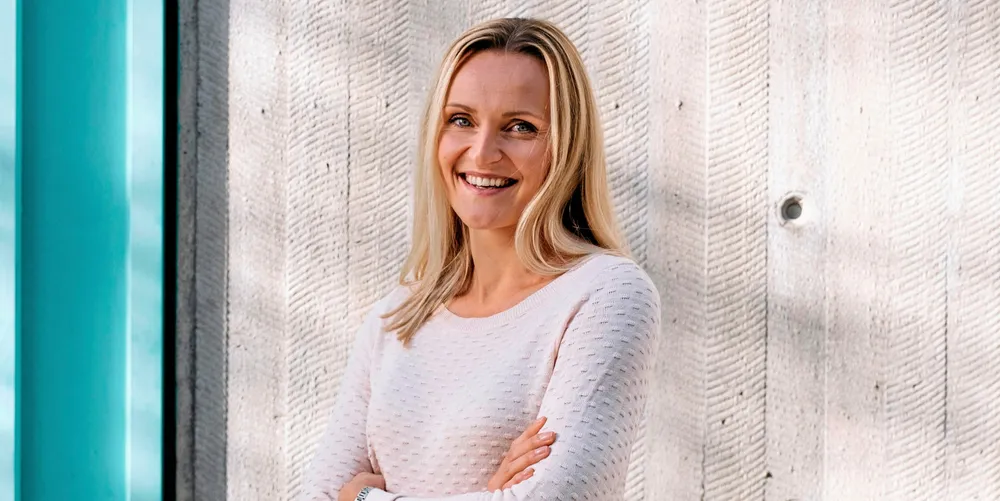This fast-moving plant-based group has its sights on the global salmon market
The company recently completed a fresh financing round, and brought on an executive with experience from Danone and Uber to take its products to the next stage.

The company recently completed a fresh financing round, and brought on an executive with experience from Danone and Uber to take its products to the next stage.
